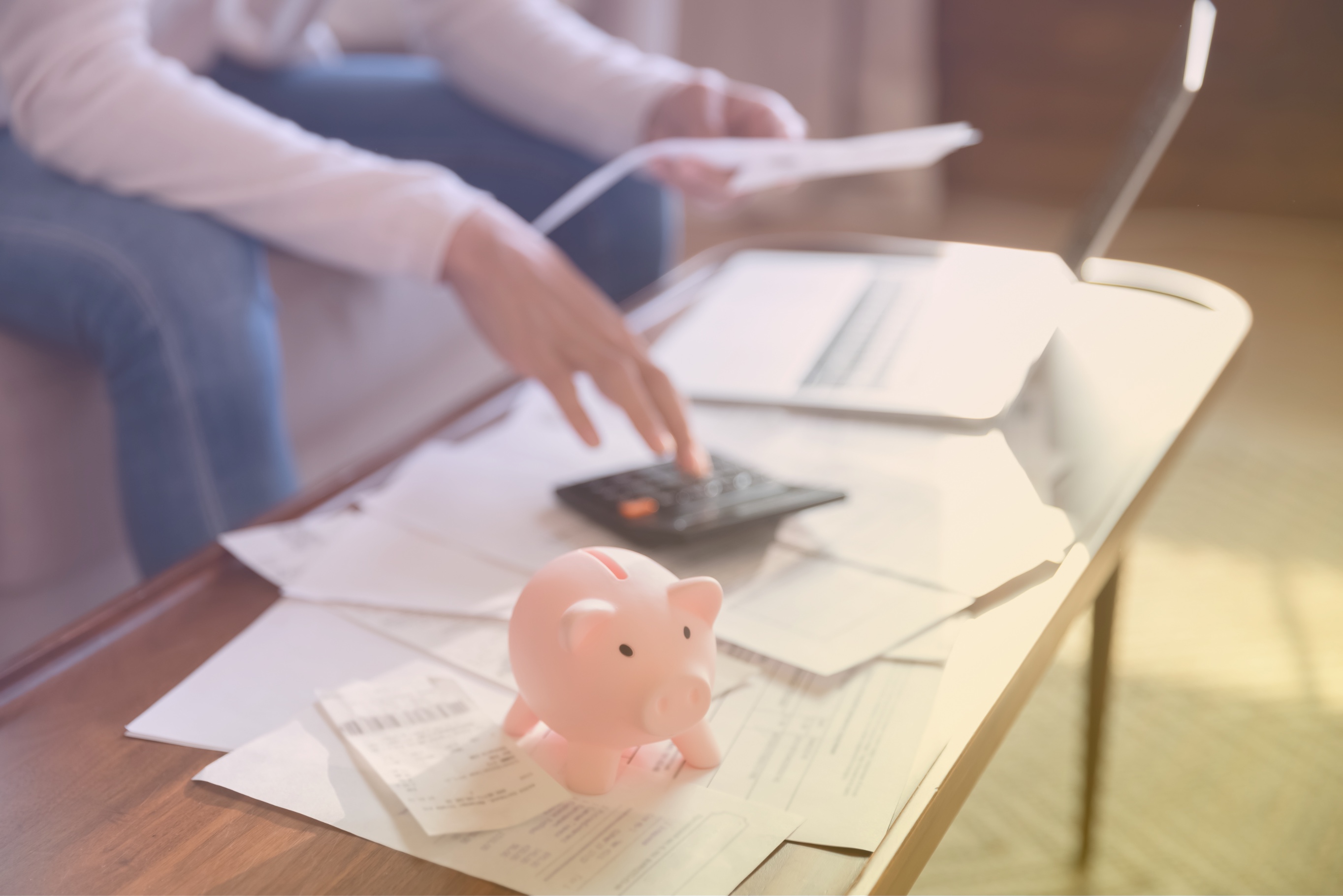 Back
Back
Christmas Credit? 3 Important Things To Think About Before You Borrow
On Tuesday, November 3, 2020 -
Once Halloween is out the way at the end of October, the countdown to Christmas is officially on. And, even if you consider yourself pretty organised, the festive season can creep up on you.
While many things about Christmas change over the years, one thing’s almost always the same. How are you going to pay for it? Whether you usually use credit to cover your Christmas costs or are thinking about it for the first time this year, these are the important things to think about before you hit “Apply”.
Is there another way?
Borrowing money to pay for something, whether it’s Christmas presents or anything else, can be a really handy way to spread the cost of something expensive. But, the first question you should ask yourself before you apply for credit, or bust out your existing credit card, is “is there another way?”
Borrowing money usually means paying back interest as well as what you’ve spent. We’d all rather avoid paying interest costs if we can, so if you have the money saved up, or can spend from your monthly budget without being short for essentials, that’s usually a cheaper way to go in the long run.
What type of credit do you need?
Different types of credit each come with their own advantages and disadvantages, so it’s important to consider all your options to make sure that the type of credit you choose is right for what you need.
Credit cards
Credit cards are many people’s “go-to” when it comes to borrowing. They mean you can buy now and pay for it later, spread the cost of expensive items, and you won’t be penalised with early payment fees if you decide to pay your balance in one go as soon as your bill arrives. You’ll also get some protection on the more expensive things you buy thanks to Section 75 of the Consumer Credit Act, which can help you recover your money if there’s a serious problem with your purchases.
But, credit cards can also be slow to get – although you might get an instant decision on your application online, most of the time you can’t use your card until it arrives with you through the post. And, this can take a week or more. Another disadvantage of credit cards is the risk of building up debt with them. Credit card interest may seem low, but quickly adds up and can get out of control if you only ever make the minimum payments and so never repay all of what you’ve spent on your card.
So, if a credit card is right for you, it’s important that you plan plenty ahead to make sure your card arrives in time for you to use it, and that you have a solid plan to pay back what you spend on your card to keep interest costs down and under control.
Loans
Personal loans are an alternative to a credit card if, perhaps, your credit history isn’t quite good enough for you to be eligible for a credit card, if you’ve left it to the last minute and now don’t have time for a credit card to arrive before you need to spend the money, or you just prefer a more structured way to borrow.
Loans can be a great way to borrow what you need. It can be cheaper to get a loan than a credit card interest-wise, although some options like payday or guarantor loans can also be much more expensive.
You’ll often get an instant decision on your application these days, and the money can usually be wired straight to your bank account, sometimes in a matter of hours, but normally within a couple of days – much quicker than a credit card. You’ll also know exactly where you stand with interest charges from day one, and will have a clear plan to pay back the loan – and interest – in full. All you need to do is stick to it.
But, the set structure of loans doesn’t always work for everyone. When you take out a loan, you borrow a fixed amount, so you need to know what you want to spend before you apply. And, it’s usually not possible to “top up” your loan if you find you didn’t quite borrow enough, or need to borrow more while you’re still repaying it.
If you decide to settle your balance early, you can also be charged early repayment fees. Not all lenders charge them, and there are regulations in place to stop these fees from taking away all of the interest saving you get by repaying early, but they’re still something to bear in mind.
Your plan to repay what you borrow
Whether you use a credit card or a loan to fund your Christmas shopping, you’ll have to pay it back. So, it’s important that whatever you borrow, you know you can afford it. This means having a plan to repay the credit you use before you even apply for it, and factoring any interest charges and other fees into your plan.
If your credit card comes with a 0% interest period, for example, then your plan might be to make sure you’ve paid the full balance back by the end of the period so that you won’t have to stump up for interest. To work out how much you’ll need to pay per month to do this, take the balance – or the amount you plan to spend on your card – and divide it by the number of months of 0% you have. Round the answer up to the nearest penny, and you have your monthly payment amount.
Or, if you’re using a loan, you’ll already have fixed monthly payments to make. But, you might want to plan to repay early and save on interest. But, bear in mind those early repayment fees and factor them into your plan, too!
When you’re planning how you’ll repay what you borrow, you should also factor in the timing of your payments, and when you’ll first be expected to start paying your loan or credit card back.
For example, if you take out credit to pay for Christmas at the end of November or in early December, your first payment will probably be due by the end of December. Salaries and wages often get paid on different dates in December, and many people get paid early. So, it’s important that you check when your payment will be due, and that you’ll be able to pay it on time. Even if you can only manage the minimum payment on the day your bill is due, this is way better than missing the payment. Remember, late or missed payments are recorded on your credit report, and can affect your credit score!










